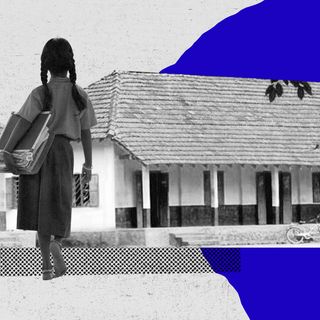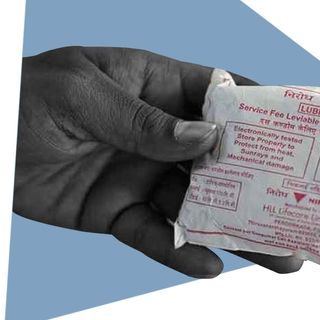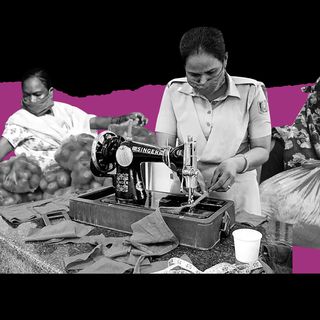After police brutality against #BlackLivesMatter protesters ravaged towns and cities throughout the United States, two black women from the American music industry — Jamila Thomas and Brianna Agyemang — came up with the #BlackOutTuesday initiative to create a powerful show of solidarity for black communities across the country. On June 2, they urged the music industry to “intentionally disrupt the work week” and post only blank, black posts on their social media feeds. 24 hours later, we know this seemingly harmless initiative has seriously backfired.
People all over the world started posting black squares with the #blacklivesmatter hashtag, which ended up burying and essentially erasing important protest information and activism resources attached to it Twitter and Instagram. As black activists started urging people not to use the #blacklivesmatter hashtag, others questioned the point of the black squares at all. “Is this activism?” many questioned.
While solidarity has always been an integral component of social movements, its show on social media threatens to dilute real activism. #BlackOutTuesday fell flat because it only managed to display the posters’ allegiance to the movement, in a deafeningly silent manner, without amplifying the underlying activism.
The time for symbolism, many activists urged, is over. Silent shows of solidarity by simply posting black squares cannot capture the rage and disillusionment of these times. Police all around the U.S. are attacking protesters, using tear gas, rubber bullets, and batons to physically hurt people already subjugated by years of institutional racism. Looking at the magnitude of this moment right now, a show of black squares for 24 hours that might leave a short-term impression on someone scrolling on social media seems laughably timid and ineffective.
Related on The Swaddle:
Indian Support For George Floyd, While We Remain Silent on Violence at Home, Is Hypocritical, Performative Wokeness
In recent years, social media has aided the process of developing a collective consciousness around social movements, helping people easily exchange information, find others who share their worldview, and discuss the next steps. But these shows of solidarity — be it through #BlackLivesMatter now, or the #NoNRCCAA hashtags that were used widely in India before the coronavirus pandemic — are only the first step in any individual’s personal activism. If it starts and stops there, then it runs the risk of being performative. For many, shows of solidarity on social media provide an out — if they can’t, or don’t want to, show up to the streets, then social media posts participating in a short-term campaign or incorporating hashtags can still position the poster staunchly in the progressive camp, almost offering a shield of sorts from censure they might incur for their lack of activism.
There is, however, a solution to this — instead of simply displaying commitment through these social media shows of solidarity, try spreading awareness. In #BlackOutTuesday, for example, activists urged people to spread the word about black-owned businesses that people could contribute to, bail-out funds for detained protesters that people could donate to, and resources that could help people better understand the situation playing out right now. Or better yet, go attend protests, and use your privilege to shield others from police brutality.
Any show of solidarity that takes two seconds to do, and stops there, cannot be activism. More importantly, it doesn’t accomplish anything.
Activism today, be it against institutional racism in the U.S., or against caste- and religion-based discrimination in India, needs to be the loud, in-your-face kind that is impossible to ignore. Activism today needs to amplify the experiences of marginalized groups, their calls-to-action, and systemic solutions that they have been rallying for, for years. Activism today cannot put the burden of being loud and persistent (and therefore, inconvenient) on marginalized groups alone. When the history of subjugation of black people, DBAs, queer people, religious minorities around the world is riddled with attempts to silence their voices, then silence itself becomes a symbol of oppression. In the fight against this oppression, then, silence, no matter how symbolic, cannot be an option.




